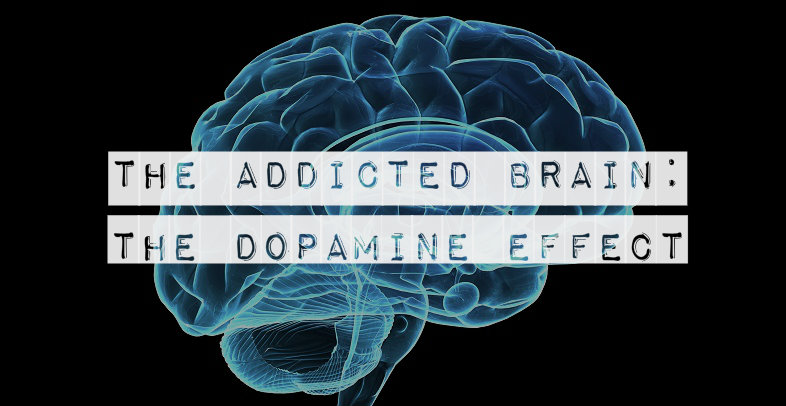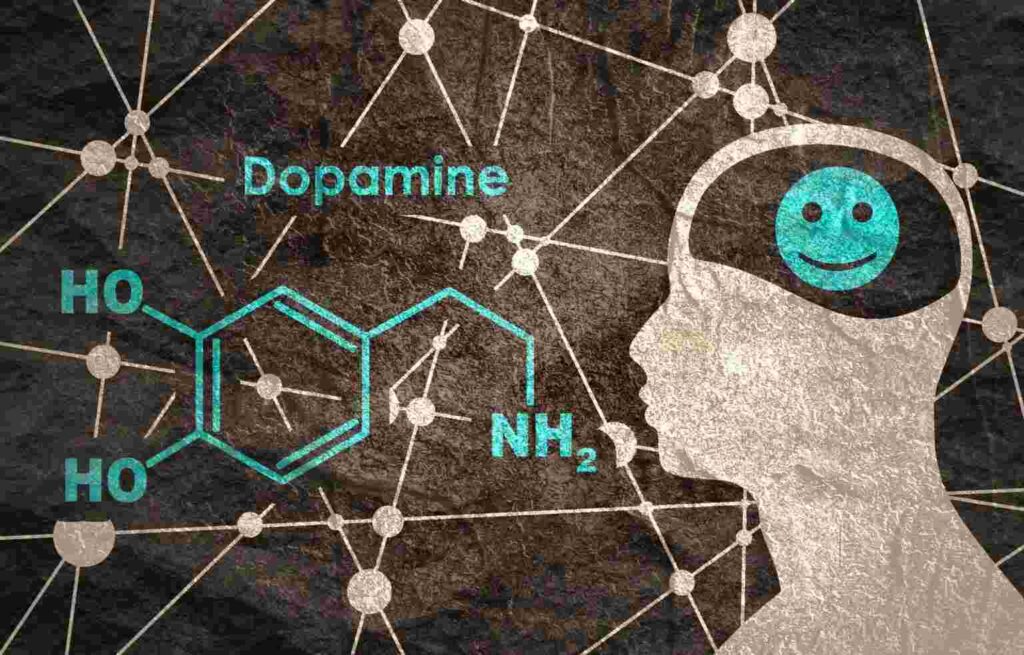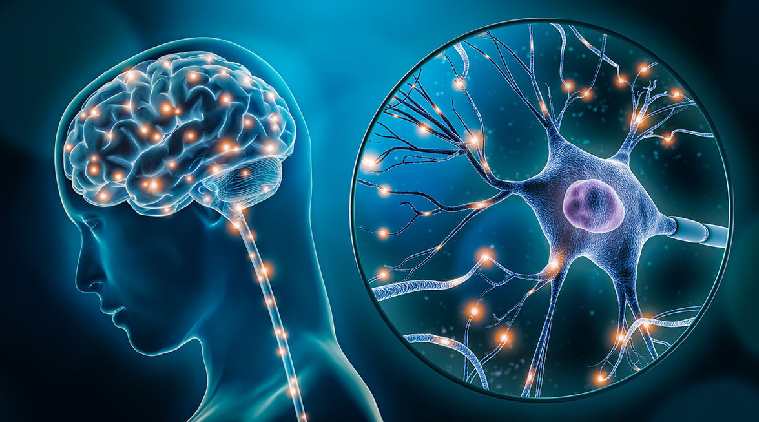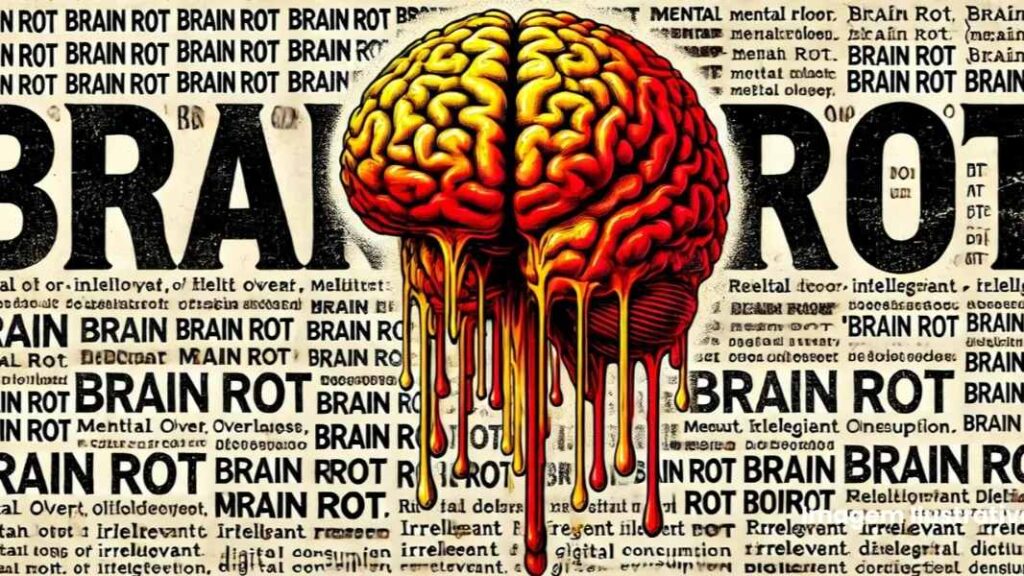The human brain is a marvel of evolution, designed to help us survive and thrive. But in today’s world, it feels like we’re losing control over how our brains function. Why is this happening? The answer lies in the way modern technology and media are reshaping our neural pathways. Let’s dive into the science behind this phenomenon and explore how we can regain control.
The Dopamine Trap: Why Your Brain Feels Addicted

Dopamine is a chemical in your brain that signals reward and importance. In ancient times, it helped our ancestors focus on survival tasks like finding food or avoiding danger. Fast forward to 2025, and our brains are flooded with dopamine for entirely different reasons—every notification, like, or scroll triggers the same ancient reward system.
The problem? Our brains can’t distinguish between a life-saving discovery and a funny cat video. Both deliver novelty and release dopamine. This creates a relentless cycle of seeking rewards, even from meaningless content. Over time, this rewires our brains to crave constant stimulation, making deep focus feel unnatural.
Table 1: Dopamine Triggers Then vs. Now

| Ancient Times | Modern Times |
|---|---|
| Finding food or avoiding danger | Notifications, likes, and scrolls |
| Rare, meaningful events | Constant, low-value stimuli |
| Survival-focused rewards | Entertainment-driven rewards |
Neuroplasticity: How Your Brain Adapts Too Fast

Neuroplasticity is the brain’s ability to rewire itself based on experiences. In the past, this process took generations. But since 2007, coinciding with the smartphone and social media revolution, this rewiring has gone into hyperdrive.
Within just 15 years, we’ve trained our brains to crave novelty and fragment our attention. This rapid adaptation has led to a cognitive evolutionary mismatch. Our environment changes at lightning speed, but our brains still operate as if we’re in the Stone Age.
The Medium Shapes the Message
In the 1960s, Canadian theorist Marshall McLuhan famously said, “The medium is the message.” He argued that the form of communication shapes society’s thinking more than the content itself. Today, this idea is more relevant than ever.
Platforms like TikTok, Instagram, and YouTube are engineered for short bursts of attention. Vertical video feeds, 15-second clips, and trending hashtags reward engagement above all else. The deeper message? Our brains should expect immediate rewards at all times.
Table 2: Media Evolution and Its Impact
| Era | Medium | Impact on Brain |
|---|---|---|
| 1960s | TV and radio | Passive consumption |
| 2000s | Social media | Constant stimulation, fragmented attention |
| 2020s | Short-form content | Reduced tolerance for deep focus |
Memes: The Cultural Replicators
In 1976, evolutionary biologist Richard Dawkins introduced the concept of “memes” as units of cultural transmission. Today, internet memes have become a dominant form of communication. They’re quick, emotional, and spread like wildfire.
For younger generations, memes shape language, values, and even worldviews. Slang like “rizz,” “skibidi,” and “moye-moye” has become part of everyday vocabulary. While memes are fun, they reinforce a neural wiring that prioritizes quick hits of amusement over deep understanding.
The Consequences: Brain Rot and Mental Health

The repercussions of this shift are alarming. Teachers report that students struggle to focus on lessons. Reading rates are declining, and patience for slower media like documentaries is shrinking. Mental health professionals have noticed increases in anxiety, restlessness, and an inability to handle boredom.
Boredom, once a catalyst for creativity, is now treated like a disease. Why daydream when you can scroll through social media? This constant stimulation is eroding our capacity for deep thought and reflection.
Real-Life Examples: How This Plays Out
- Declining Reading Rates: A 2023 study found that only 17% of teenagers read books for pleasure, down from 35% in 2010.
- Shorter Attention Spans: Research shows the average attention span has dropped from 12 seconds in 2000 to 8 seconds in 2023.
- Mental Health Crisis: Anxiety and depression rates among young people have skyrocketed, with social media use being a significant contributing factor.
The Attention Economy: Who Benefits?
In the attention economy, companies monetize every second of your gaze. Productivity suffers when we can’t sustain focus, and creativity declines when our minds never wander. Countries depend on citizens who can think critically and solve complex problems. But how can we do this if we’re trained to consume content in tiny, disjointed snippets?
How to Regain Control: Practical Steps
The good news is that neuroplasticity works both ways. Just as we’ve adapted to high-dopamine environments, we can retrain our brains for deep focus. Here’s how:
1. Progressive Overload for Attention
Start small. If you’re used to 15-second reels, begin with 5 minutes of focused reading. Gradually increase this time to build mental endurance.
2. Environmental Design
Make focus the path of least resistance. Put your phone in another room while working, use website blockers, and create a distraction-free workspace.
3. Rebalance Dopamine
Set aside 30 minutes daily to do nothing stimulating—no phone, TV, or podcasts. This helps reset your dopamine baseline and restores your capacity for deep focus.
4. Mindful Consumption
After watching a video or reading an article, reflect on what you’ve learned. Ask yourself how it connects to what you already know.
The Bigger Picture: What Needs to Change?
Schools and institutions must address this problem by teaching attention literacy. Employers should incentivize deep work over constant notifications. Platforms need to adopt more humane design principles, such as limiting infinite scroll and encouraging conscious pausing.
As consumers, we can demand better interfaces that respect our cognitive limits. By taking intentional steps, we can reclaim our neural real estate from the endless scroll.
Conclusion: Reclaiming Your Brain
Our brains are incredibly adaptable, but they’re also vulnerable to manipulation. The constant barrage of dopamine-driven content is reshaping how we think, feel, and behave. But with awareness and intentional effort, we can regain control.
Start small. Reflect on your habits. And remember, the ability to focus deeply is a skill worth protecting. In a world of endless distractions, reclaiming your attention is the ultimate act of self-preservation.




